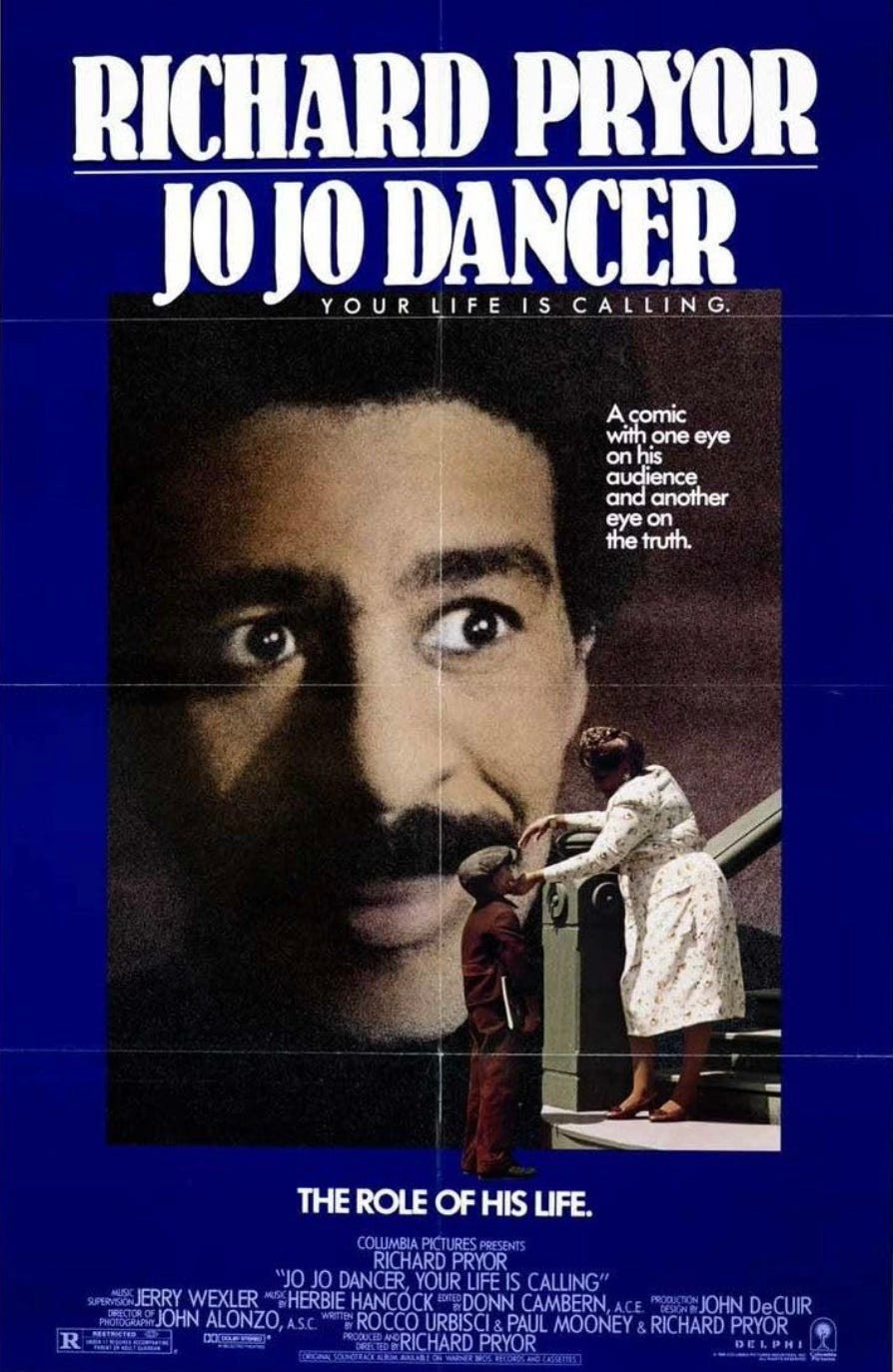In June of 1980, the world watched as Richard Pryor, a comedian known for his raw and unfiltered humor, set himself ablaze. He ran down Parthenia Street until someone intervened, extinguishing the flames. As a 12-year-old, the author, like many, was captivated by Pryor’s comedic genius.
Fast forward five years, and Richard Pryor was embarking on a deeply personal project: his autobiographical film, Jojo Dancer, Your Life Is Calling. One evening, while working on the film, Pryor was watching television and stumbled upon an interview featuring the author’s father, Charlie Haden. The CBS segment, hosted by Roy Firestone, portrayed Charlie Haden, a celebrated jazz musician, candidly discussing his struggles with and triumph over drug addiction, all in pursuit of better music and a healthier family life.
The very next day, Charlie Haden received an unexpected phone call. It was Richard Pryor. Pryor, deeply moved and relating to Haden’s open discussion of his inner battles, explained that he was making a film that explored similar themes of personal conflict and redemption. He then extended a compelling invitation: would Charlie Haden be interested in composing the soundtrack for Jojo Dancer, Your Life Is Calling?
An agreement was reached, contracts were signed, and Charlie Haden began composing. Studio time was booked, musicians, a string orchestra, and a choir were assembled. The score Charlie Haden created for Jojo Dancer was, by all accounts, beautiful. He even shared snippets with his then 17-year-old son from a cassette tape, revealing the emotional depth and musicality of his work.
An opportunity arose for the author to accompany his father to a meeting with Richard Pryor at his Columbia Pictures office. There, he had the chance to shake hands with the iconic comedian. He was also introduced to a bright and cheerful young woman. Later, on the drive home, the author remarked to his father that Mr. Pryor’s daughter was quite pretty. “That wasn’t Richard’s daughter,” Charlie Haden corrected him, “that was his wife!”
With newfound financial security from the Jojo Dancer project, Charlie Haden purchased a brand new television set for his family.
However, the promising trajectory of this collaboration took an unforeseen turn. Sometime after Charlie Haden submitted the final mix of his score and before the film entered post-production, studio executives made a decision that would ultimately sideline his music. According to Charlie Haden, Columbia Pictures informed him that because Jojo Dancer was considered “an African American film,” the composer should also be African American. This decision was reportedly made against Richard Pryor’s wishes.
 Richard Pryor in a still from Jojo Dancer, Your Life Is Calling, a film where Charlie Haden's score was ultimately replaced.
Richard Pryor in a still from Jojo Dancer, Your Life Is Calling, a film where Charlie Haden's score was ultimately replaced.
Despite the rejection of his score, Charlie Haden didn’t express bitterness. He had been paid $40,000 for his work (equivalent to approximately $115,000 today). Jojo Dancer, Your Life Is Calling was released on May 2, 1986, with the score ultimately composed by Herbie Hancock.
The author expresses a lingering hope that he will one day rediscover the cassette tape containing his father’s original compositions for Jojo Dancer.
Accompanying this narrative are documents related to Charlie Haden’s work on Jojo Dancer, as well as materials from other film and non-film projects that, for various reasons, never came to fruition. These documents were unearthed from a box of files from the law firm that provided Charlie Haden with legal counsel for many years. The author concludes with an appeal to support the preservation of Charlie Haden’s legacy and his own book writing endeavor by subscribing to his Substack.
